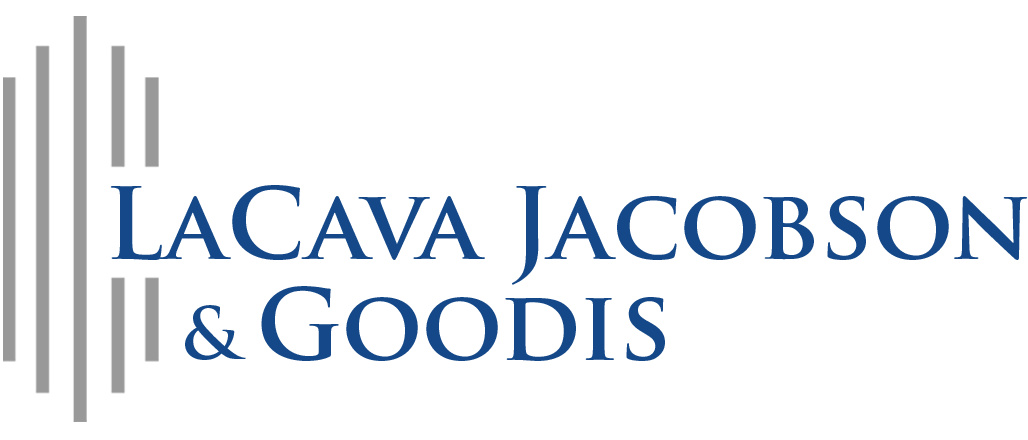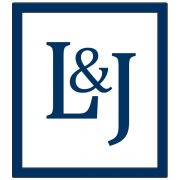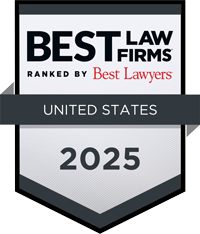Rebuttable Presumption of Negligence
Auto Accidents
In general, there is a rebuttable presumption of negligence on the part of a rear driver in rear end collision cases. The burden rests on the rear driver to present evidence that “fairly and reasonably tends to show” that the presumption of negligence was misplaced. The presumption dissipates once evidence of the same is presented and the case then must go to the jury to hear further evidence, reconcile conflicts and evaluate the credibility of witnesses. Examples that have rebutted the presumption of negligence include: abrupt arbitrary stops in places where it could not reasonably be expected or unexpected change of lanes; mechanical failures which caused the rear driver to collide with the lead driver; and instances where the lead vehicle is illegally and therefore unexpectedly stopped.



 litigation and appeals in all Florida state and federal courts.
litigation and appeals in all Florida state and federal courts.